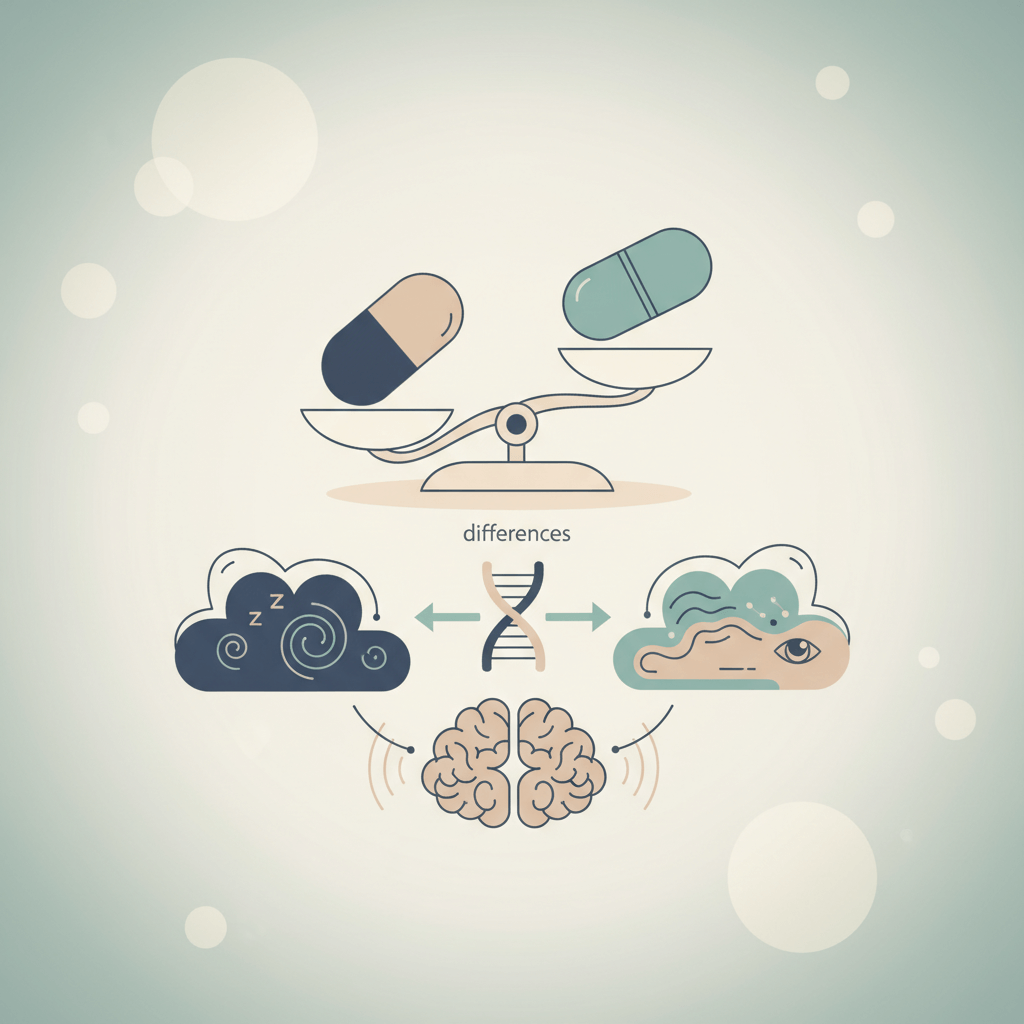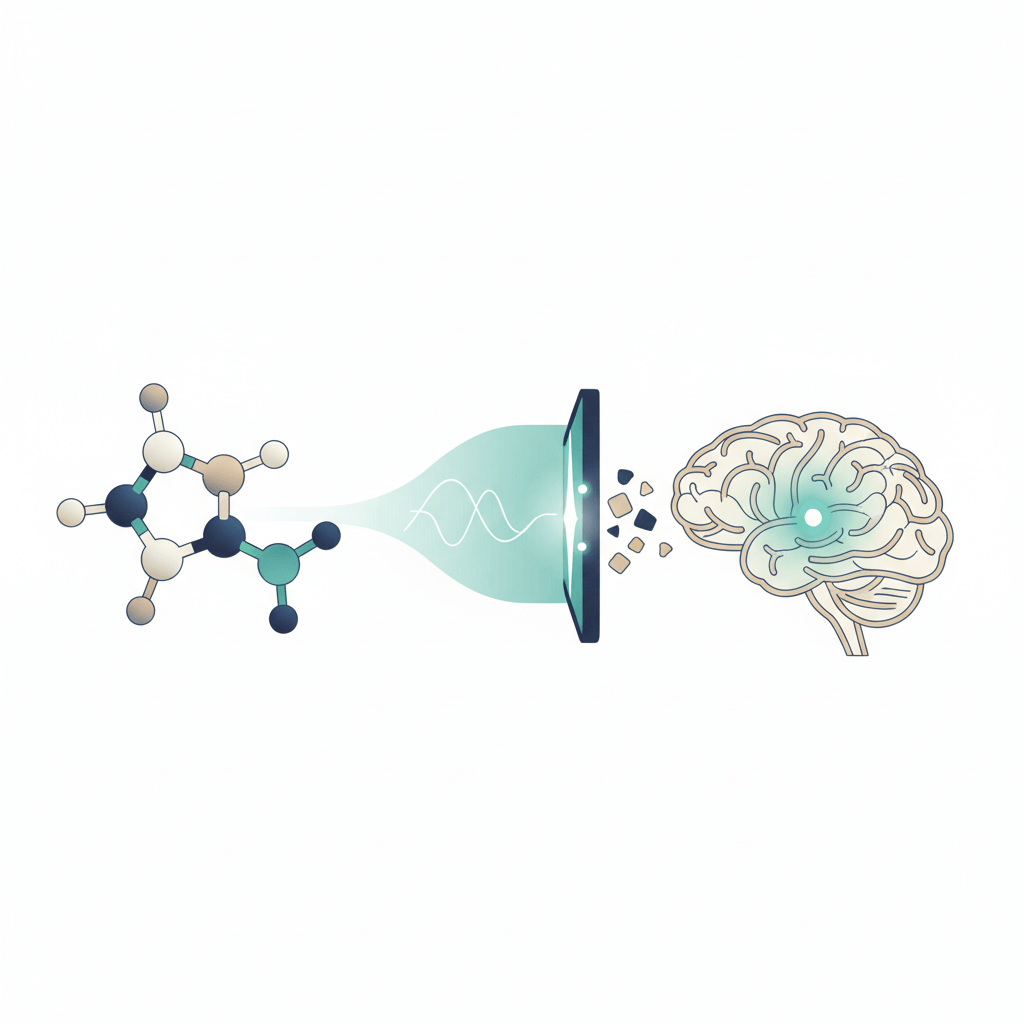Understanding Adderall
To explore the relationship between Adderall and aggressive behavior, it is important to first understand what Adderall is and its common uses.

What is Adderall?
Adderall is a prescription medication that contains a combination of amphetamine and dextroamphetamine. It belongs to a class of drugs called stimulants, which work by affecting the chemicals in the brain and nerves that contribute to hyperactivity and impulse control.
Adderall is primarily prescribed to treat attention deficit hyperactivity disorder (ADHD) and narcolepsy. It helps individuals with ADHD improve their focus, control impulsive behaviors, and manage hyperactivity. The medication works by increasing the levels of certain neurotransmitters, such as dopamine and norepinephrine, in the brain.
Common Uses of Adderall
The primary and approved use of Adderall is for the treatment of ADHD and narcolepsy. Here are some common uses of Adderall:
Condition and Usage
Attention Deficit Hyperactivity Disorder (ADHD): Adderall is prescribed to help individuals with ADHD improve their ability to focus, control impulsivity, and manage hyperactivity.
Narcolepsy: Adderall can be used to manage excessive daytime sleepiness and sudden attacks of sleep associated with narcolepsy, a chronic sleep disorder.
It's important to note that Adderall should only be used under the guidance and supervision of a healthcare professional. The medication should be taken as prescribed, and any concerns or questions regarding its usage should be discussed with a healthcare provider.
Understanding what Adderall is and its approved uses provides a foundation for examining its potential relationship with aggressive behavior. In the following sections, we will delve into anecdotal reports, scientific studies, and potential mechanisms to gain a comprehensive understanding of this topic.
Exploring the Relationship with Aggressive Behavior
The relationship between Adderall and aggressive behavior has been a topic of interest and debate. In this section, we will explore both anecdotal reports and scientific studies to gain a better understanding of this relationship.
Anecdotal Reports of Aggression
Anecdotal reports refer to individual experiences and accounts of aggressive behavior associated with Adderall use. While anecdotal evidence can provide insights, it is important to note that it is subjective and may not be representative of the general population. Some individuals have reported experiencing increased irritability, anger, or aggression while taking Adderall. However, it is essential to consider that these experiences can vary widely and may be influenced by various factors such as individual differences, dosage, and underlying conditions.
Scientific Studies and Findings
Scientific studies have been conducted to investigate the relationship between Adderall and aggressive behavior. These studies aim to provide objective data and analysis to better understand any potential connection. While research in this area is ongoing, several studies have yielded interesting findings.
One study published in the Journal of Clinical Psychopharmacology examined the effects of Adderall on aggression in individuals with attention deficit hyperactivity disorder (ADHD). The study found that in individuals with ADHD, Adderall did not increase aggressive behavior but rather reduced it. This suggests that for those with ADHD, Adderall may have a positive impact on aggression.
Another study published in the Journal of Psychopharmacology examined the effects of Adderall on aggression in individuals without ADHD. The study found that acute administration of Adderall increased self-reported aggression in individuals without ADHD. However, it is important to note that this study was conducted on a small sample size and further research is needed to validate these findings.
It is essential to interpret these scientific findings within the context of the specific study design and population studied. The relationship between Adderall and aggressive behavior is complex and can be influenced by various factors, including individual variations, dosage, and underlying conditions.
Overall, while anecdotal reports suggest a potential link between Adderall and aggression, scientific studies have yielded mixed findings. It is important for individuals taking Adderall or considering its use to have open and honest discussions with their healthcare providers about any concerns regarding aggressive behavior. This allows for personalized assessments and considerations of alternative treatments, if necessary. Understanding the nuances of this relationship can help individuals make informed decisions about their medication use and overall well-being.
Potential Mechanisms
When examining the relationship between Adderall and aggressive behavior, it is essential to understand the potential mechanisms that may be at play. Several factors contribute to this complex relationship, including the stimulant effects of Adderall on the brain, the role of dopamine, and individual variations in response.
Stimulant Effects on the Brain
Adderall, a central nervous system stimulant, affects various neurotransmitters in the brain. It primarily targets dopamine and norepinephrine, which play crucial roles in regulating mood, attention, and impulse control. By increasing the levels of these neurotransmitters, Adderall can enhance focus, attention, and overall cognitive function.
However, the stimulant effects of Adderall can also lead to changes in behavior, including the potential for increased aggression. The precise mechanisms underlying this relationship are still being explored, and research has yielded mixed findings. While some individuals may experience increased irritability and aggression while taking Adderall, others may not exhibit these behaviors at all.
Dopamine and Aggression
Dopamine, a neurotransmitter associated with reward and motivation, has been implicated in the relationship between Adderall and aggression. Adderall stimulates the release of dopamine in the brain, which can contribute to feelings of euphoria, increased energy, and enhanced motivation.
However, excessive dopamine release or fluctuations in dopamine levels can potentially lead to heightened arousal and impulsivity, which may manifest as aggressive behavior in some individuals. It is important to note that the impact of dopamine on aggression is complex, and individual differences in brain chemistry and response to Adderall can significantly influence how aggression is expressed.
Individual Variations
Individual variations in response to Adderall play a significant role in determining whether aggressive behavior may arise. Each person's neurochemistry and underlying psychological makeup can influence how they react to the stimulant effects of Adderall. Some individuals may experience increased irritability and aggression as a side effect, while others may not exhibit these behaviors.
Additionally, factors such as pre-existing mental health conditions, co-occurring substance use, and the dosage and timing of Adderall can also impact the likelihood of aggressive behavior. It is crucial for healthcare providers to carefully evaluate the individual's medical history, monitor their response to Adderall, and make necessary adjustments to dosage or treatment plan to minimize the risk of aggression.
Understanding the potential mechanisms involved in the relationship between Adderall and aggressive behavior is essential for informed discussions and decision-making. However, it is important to note that the impact of Adderall on aggression can vary significantly among individuals, and any concerns or changes in behavior should be discussed with a healthcare provider for appropriate evaluation and management.
Factors to Consider
When examining the potential relationship between Adderall and aggressive behavior, there are several factors to consider. Understanding these factors can provide a more comprehensive perspective on the issue.
Dosage and Timing
The dosage and timing of Adderall intake may play a role in the manifestation of aggressive behavior. Higher doses or taking Adderall too close to bedtime can increase the risk of experiencing side effects, including irritability and aggression. It is important to follow the prescribed dosage and take Adderall as directed by a healthcare professional.
Underlying Conditions
Individuals with certain underlying conditions may be more susceptible to experiencing aggressive behavior while taking Adderall. Conditions such as conduct disorder, oppositional defiant disorder, or pre-existing aggression issues may interact with the medication, potentially exacerbating aggressive tendencies. It is crucial to disclose any relevant medical history or conditions to the healthcare provider to ensure appropriate management.
Co-occurring Substance Use
The use of other substances, such as alcohol or illicit drugs, alongside Adderall can contribute to changes in behavior, including aggression. Combining Adderall with substances that have psychoactive effects can interact with the stimulant properties of Adderall, potentially increasing the likelihood of aggression. It is essential to avoid the misuse of substances and to inform healthcare providers of any co-occurring substance use.
Considering these factors can provide a more nuanced understanding of the relationship between Adderall and aggressive behavior. It is important to approach the subject with caution and consult healthcare professionals for personalized guidance.
Other Potential Side Effects
While aggression is a potential side effect of Adderall use, there are several other side effects that individuals may experience. These can vary in severity and duration, and it is essential to discuss any concerns with a healthcare provider.
Insomnia is a common side effect of Adderall use, as the medication can interfere with sleep patterns. Individuals may experience difficulty falling asleep or staying asleep, leading to daytime fatigue and reduced overall well-being.
Another potential side effect of Adderall use is decreased appetite. The stimulant effects of the medication can suppress hunger signals, leading to unintended weight loss or malnutrition. It is crucial for individuals taking Adderall to maintain a balanced diet and stay hydrated to minimize the risk of negative health outcomes.
Other potential side effects of Adderall use include headache, dry mouth, nausea, dizziness, and increased heart rate. While these side effects are typically mild and transient, they can still impact an individual's quality of life.
It is important for individuals taking Adderall to monitor their symptoms carefully and report any concerns or changes in behavior to their healthcare provider promptly. With appropriate management and support, individuals can navigate the potential side effects of Adderall use while reaping its benefits for managing ADHD or narcolepsy.
Managing Aggressive Behavior
When it comes to managing aggressive behavior potentially associated with Adderall use, there are several strategies and approaches that can be helpful. It's important to remember that open communication with healthcare providers, behavioral strategies and therapy, and consideration of alternative treatments can all play a role in effectively managing aggression.
Open Communication with Healthcare Providers
Maintaining open and honest communication with healthcare providers is crucial when it comes to managing aggressive behavior related to Adderall use. It's important to discuss any concerns or changes in behavior that you or someone you know may be experiencing. Healthcare providers can offer guidance, monitor treatment progress, and make adjustments as needed to ensure the best possible outcome.
Behavioral Strategies and Therapy
In addition to open communication with healthcare providers, implementing behavioral strategies and therapy can be beneficial in managing aggression associated with Adderall use. These strategies may include:
- Anger management techniques: Learning coping mechanisms, such as deep breathing exercises or mindfulness techniques, can help individuals better manage anger and reduce aggressive behavior.
- Cognitive-behavioral therapy (CBT): CBT can assist individuals in identifying and challenging negative thought patterns and behaviors that contribute to aggression. It can help develop healthier coping mechanisms and improve overall emotional well-being.
- Social skills training: Improving social skills can enhance communication and conflict resolution abilities, reducing the likelihood of aggressive behavior in interpersonal interactions.
Consideration of Alternative Treatments
In some cases, it may be necessary to explore alternative treatments for the management of aggression associated with Adderall use. Alternative treatments could include:
- Medication adjustments: Healthcare providers may consider modifying the dosage or switching to a different medication to alleviate aggressive behavior while still addressing the underlying condition.
- Non-stimulant medications: Non-stimulant medications, such as certain antidepressants, may be considered as an alternative to Adderall if aggression persists or worsens.
- Non-pharmacological approaches: Some individuals may find relief from aggressive behavior through non-pharmacological approaches, such as exercise, stress reduction techniques, or complementary therapies like acupuncture or yoga.
It's important to work closely with healthcare providers to determine the most appropriate course of action for managing aggression associated with Adderall use. Every individual is unique, and a personalized approach is necessary to address specific needs and circumstances.
By maintaining open communication, implementing behavioral strategies and therapy, and considering alternative treatments when necessary, individuals can work towards effectively managing aggressive behavior potentially related to Adderall use.
Conclusion
In conclusion, the relationship between Adderall and aggressive behavior is complex and multifaceted. While anecdotal reports suggest a potential link between Adderall use and aggressive behavior, scientific studies have yielded mixed findings. The stimulant effects of Adderall on the brain, the role of dopamine, and individual variations in response are all potential mechanisms that can contribute to this relationship.
When considering the potential for aggressive behavior associated with Adderall use, several factors must be taken into account, including dosage and timing, underlying conditions, and co-occurring substance use. Open communication with healthcare providers, behavioral strategies and therapy, and consideration of alternative treatments can all play a role in effectively managing aggression.
It is essential to approach discussions about Adderall use with caution and work closely with healthcare professionals to ensure personalized evaluation and management. By understanding the nuances of this relationship and implementing appropriate strategies, individuals can make informed decisions about their medication use while prioritizing their overall well-being.
Sources
Can Adderall Cause violent outbursts or Anger?
Potential Adverse Effects of Amphetamine Treatment on Brain and Behavior: A Review













